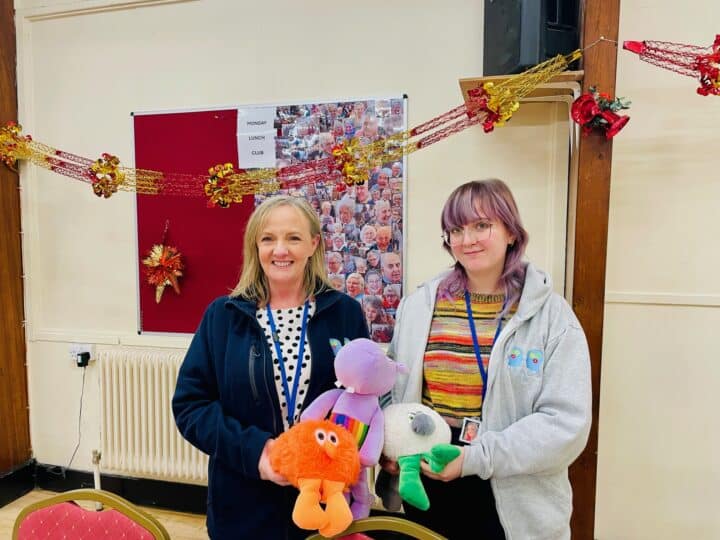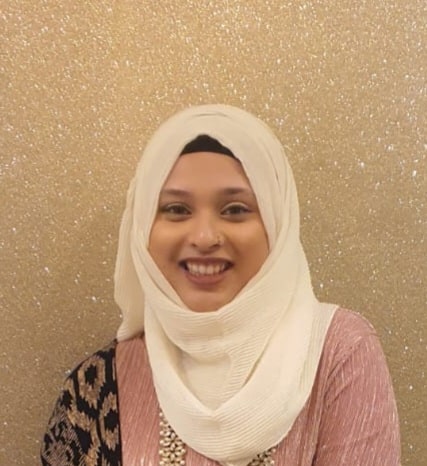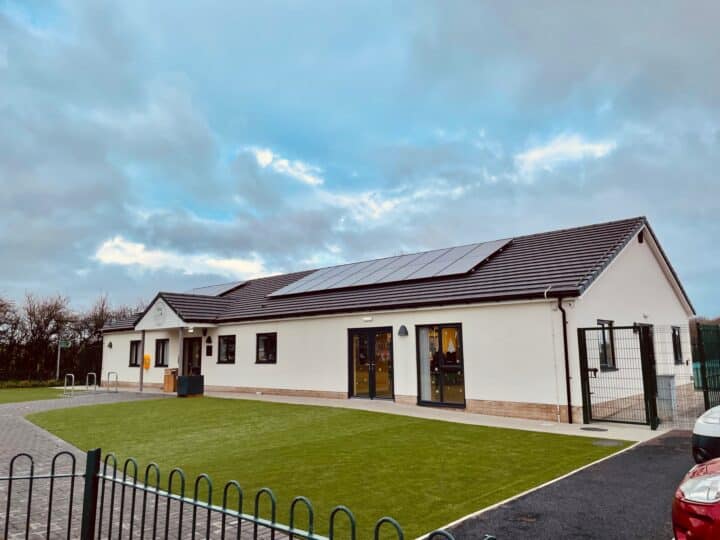-
About
About
Local Trust is a place-based funder supporting communities to achieve their ambitions.
Find out moreGo straight to…
< Back to main menu -
Big Local
Big Local
Big Local is an exciting opportunity for residents in 150 areas to create lasting change in their communities.
About the programme< Back to main menuSupport centre
Essential guidance, information and ideas for Big Local partnerships, to help you deliver change in your community.
Visit the support centre -
Other programmes
Other programmes
Find out how the principles of Big Local have inspired other programmes creating change in local communities.
< Back to main menuCommunity Leadership Academy
Supporting volunteers involved in Big Local projects to develop their skills and knowledge.
Find out moreCreative Civic Change
This new approach to funding enabled communities to use art and creativity to make positive local change.
Find out more
-
News and stories
News and stories
The latest news and stories from Big Local areas and beyond, exploring community power and resident-led change.
ExploreGo straight to…
< Back to main menuVoices of Big Local
Inspiring stories from the people making change happen in their communities.
Read more - Insights
- Policy

-
About
About
Local Trust is a place-based funder supporting communities to achieve their ambitions.
Find out moreGo straight to…
< Back to main menu -
Big Local
Big Local
Big Local is an exciting opportunity for residents in 150 areas to create lasting change in their communities.
About the programme< Back to main menuSupport centre
Essential guidance, information and ideas for Big Local partnerships, to help you deliver change in your community.
Visit the support centre -
Other programmes
Other programmes
Find out how the principles of Big Local have inspired other programmes creating change in local communities.
< Back to main menuCommunity Leadership Academy
Supporting volunteers involved in Big Local projects to develop their skills and knowledge.
Find out moreCreative Civic Change
This new approach to funding enabled communities to use art and creativity to make positive local change.
Find out more -
News and stories
News and stories
The latest news and stories from Big Local areas and beyond, exploring community power and resident-led change.
ExploreGo straight to…
< Back to main menuVoices of Big Local
Inspiring stories from the people making change happen in their communities.
Read more - Insights
- Policy
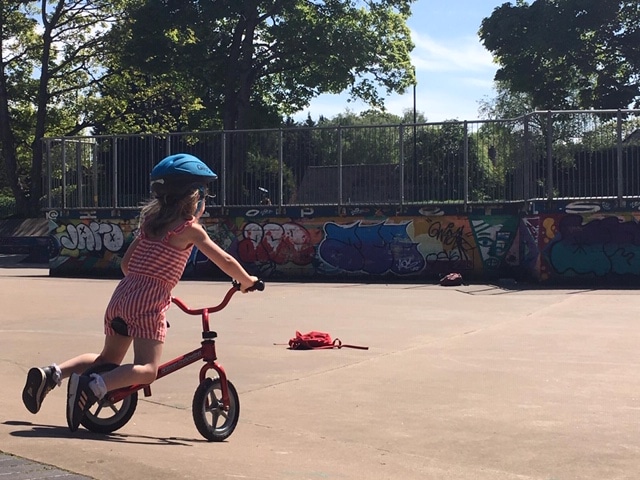
A lens on lockdown with ‘the Godfather of Black British photography’
How photography brought a group of Birmingham residents together through lockdown.
Continuing our series exploring local-level responses to COVID-19, journalist-at-large Ryan Herman speaks to members of a community photography project in Birmingham documenting their experiences of lockdown – with the help of a world-renowned photographer
Vanley Burke is known as the ‘Godfather of Black British Photography’. His work has been featured in galleries and exhibitions around the world, he has appeared on Desert Islands Discs and is considered to be a living legend.
Among his most famous images is ‘African Liberation Day’, taken in Birmingham back in 1977, which he described “as a unique moment for black people in Britain. I think this was the first time there had been such a large gathering without the presence of riot vans or police in the background.” Indeed, many of his pictures resonate with the current Black Lives Matter movement.
Vanley first became interested in photography when he was growing up in Jamaica. His mother, who was part of the Windrush generation that came to Britain to rebuild the country after WWII, sent him a box Brownie camera for his 10th birthday. Four years later, he joined the rest of his family in Handsworth, Birmingham, and has lived there ever since.
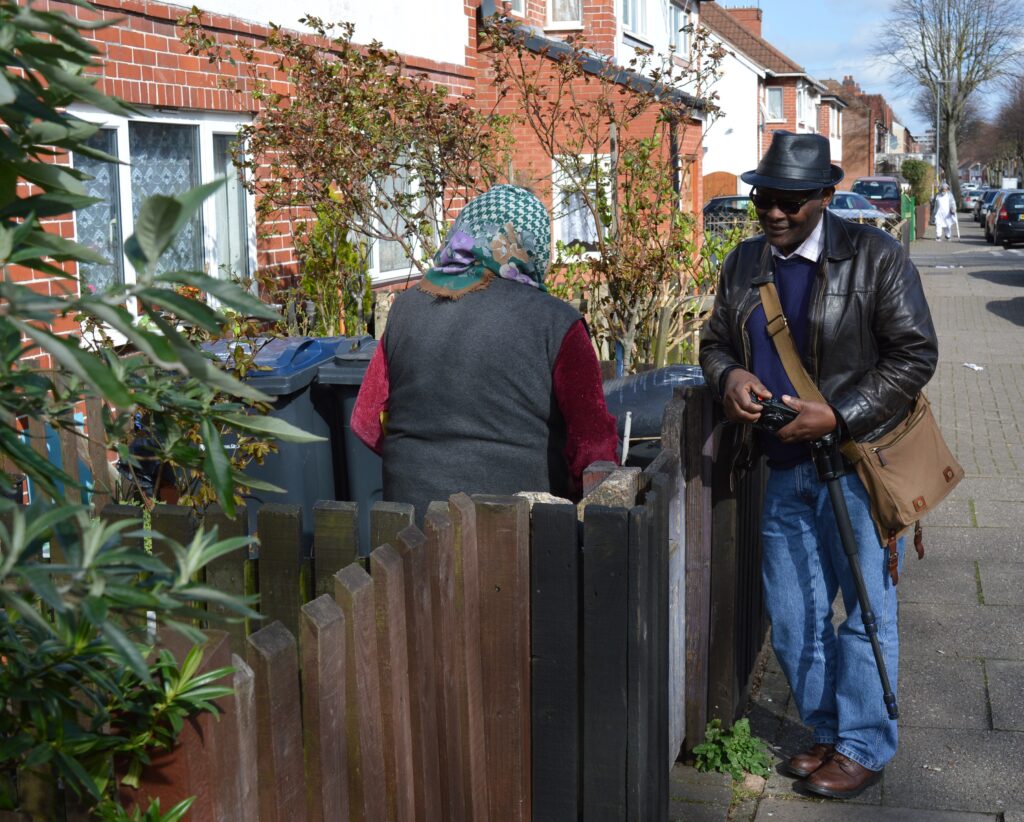
Vanley Burke on a walkabout in Birchfield
“When I started taking photographs, there was nobody I could go to and say this is what I want to do, how do I go about it? I was self-taught and I felt the least I could do with these new-found skills was to photograph life around me,” he says.
“I’ve mainly been documenting the experience Afro-Caribbean people as we’ve been struggling to establish ourselves in this country. I had a friend of mine in Jamaica who I grew up with and we would have conversations about life in England. I used photographs to try and answer some of his questions.”
But he is also passionate about helping other aspiring photographers to document the world around them.
He adds, “It’s not always that I can take pictures of people, or have the access, that would tell a sensitive story. So, what I also do is I try to tell other photographers the importance of recording events and how they can use the camera to do that more effectively.”
Last year, Vanley began work on a project within his own community called Hard Times Require Furious Dancing, which is part of the Creative Civic Change (CCC) programme.
CCC is a partnership between Local Trust, the National Lottery Community Fund, the Calouste Gulbenkian Foundation, and the Esmée Fairbairn Foundation. The programme was launched in May 2019 and supports 15 communities across England to use the power of arts to make a meaningful change in their areas.
It’s about using creativity to bring about change.”
The plan was for Vanley to teach photography to a group of residents across two socially deprived areas in Birmingham (Welsh House Farm and Birchfield), get them to look at everyday life differently and document their own history to pass on to future generations.
It’s a unique opportunity for a group of people with no professional experience to learn the art of taking great pictures from a famous photographer.
Then it became clear that COVID-19 was going to profoundly change everyday life as we know it. Rather than abandon the project, Vanley got the residents to document life in lockdown – which was conducted through a WhatsApp group.
We spoke to Vanley, two residents from his group, and Heather Morison (who is overseeing the project) to find out how Hard Times Require Furious Dancing gave them a fresh perspective on photography, art, and life in lockdown.
Vanley Burke, Photographer
“For me, working with people within the community and teaching them how to use their camera is always of interest. The camera phone has replaced the camera, so it’s about how can we use it most effectively.
“Sometimes all you need to do in life is change your perspective. If you’re photographing a daffodil, and you put the camera below the flower, you can use the sky as the background and get a wonderful picture.
“I wrote a little project for 10 people to take a series of photographs. Because we were in lockdown, the home became the central focus. For me, the observation part is vital.
“In the case of one resident, she has a daughter who sits by the window while she cooks every day. This is one of the major successes. I would post little videos on how to take pictures with a mobile phone and she manoeuvred it to get an image that I would have been proud of. She was also able to transfer what she’d done with that shot into taking pictures in other rooms.
“Kids watching TV or sitting on a window ledge is natural to them. That could be at 7am in the morning or 7pm at night. But it’s not necessarily a time you would be allowed in somebody’s house to take pictures. So, there is a certain intimacy to the photographs.
“The group has produced some exceptional material and I’ve been giving out rosettes and medals. An interesting thing is that I don’t know the people who are taking the photos.
“I know that one family is Muslim because you could see through their pictures they were preparing for Ramadan. But I don’t know their ages, in some cases I don’t know their sex or their nationality. I’m working in the dark and I’d love to meet them all at some point!
“When lockdown stops the plan is to put some of the material on our website. Personally, I think it would be good to do a fanzine-style magazine for them to take away as a record of their experience.
“I hope that it will bring out a greater understanding of each other’s lives.”
Heather Morison, Artist and Critical Friend
“I work across two CCC projects, one in Corby, where I grew up, and this one in Birmingham. To begin with, I did sculpture workshops and took residents from both Welsh House Farm and Birchfield to exhibitions.
“Then we got Vanley involved. We subsequently spent three months in Welsh House Farm and Birchfield, and we used the arts as a conduit. If you talk about art it allows you to address other issues in a more sophisticated way.
“We went through many titles but I’m a big fan of having a literary reference. Hard Times Require Furious Dancing is a poem by Alice Walker, who also wrote The Colour Purple.
“There is a reality to living in an area of social deprivation, but if we simply said ‘everything’s awful and we just need to work hard’, that’s not inspiring. Hard Times… is such an interesting and uplifting title.
“Vanley is documenting the whole project. But three months ago we had to think ‘how can we keep this going?’. We had to pivot, and it all went to WhatsApp. I’m part of that group but I tend to hover above it.
The wonderful thing about the arts is that it makes you flexible and creative in a precarious situation.”
“It’s amazing that we had to talk about making sure that people simply had food during this crisis. But then we also have to feed their souls, otherwise we’re going to face a major mental health crisis.
“It’s an unusual relationship because it’s not really mentoring, it’s not really teaching, and you’ve got this local resident who is also an international artist. He’s working with all these people he doesn’t know, and they are revealing themselves through their photographs.
“It’s going to be a wonderful moment when they all get together. It’s going to be difficult not to give them all a hug.”
Jess Hirst, Welsh House Farm resident
“I knew about Vanley Burke so I absolutely wanted to get involved. But I was one of the last people to join the group, so I haven’t met anyone else involved face to face.
“He sent out a brief with four topics – lounge, garden, kitchen, outdoors – that could work around lockdown. For example, taking a picture of your lounge is a space that reflects your culture and who you are.
“You have to be really vulnerable to do this. At first, I did ask, ‘do I have to send my pictures to the whole group or just to Vanley?’ I told it was the whole group. You’re taking photos of what you think is good and then putting it out there. It still is a bit scary!
“I’m dyslexic, which makes it a bit more difficult when I’m reading his feedback. But we went through a period early on when he was simply sending feedback and nobody responded. You forget that he needs our input as well. But you can see he’s really passionate about this project.
“Photography takes up a lot of brain space. But one of the most important things we learned so far is the ‘writing of light’ and it has massively changed how I look at photos. And obviously, it’s a big deal when you get praise from him.
“Because I’ve got young children involved nothing is staged. They’re simply not going to play ball and pose for me! But it’s a unique moment in time that I get to spend with my kids and I’ve taken pictures that may not be the best from a professional’s point of view but they mean a lot to me.
“I was a youth worker on this estate and I want to go out and take pictures of young people growing up on Welsh House Farm. We’re a small community but very diverse. We’ve got big characters who live here and that’s one of our great strengths.”
Farkhanda Afzal, Birchfield resident
“Lockdown has been challenging. Once you start to overthink it then you won’t be able to rationalise anything. We’ve got six children and the littlest is only two months old. But we’re trying to structure it as best we can. So, I’m trying to look at it as a unique time that we’re spending together.
“Photography has definitely given me a different focus and perspective. I’ve always picture taken my kids pictures standing up. Vanley said come down to their level, to get a whole new perspective.
I keep looking at things and thinking to myself ‘oh, that would be nice to take a picture of that,’ and for a moment I forget that I’m a wife or a mother.”
“I didn’t know anything him about beforehand. At first, I was scared to send anything, but he is great at doing positive criticism.
“I think mine was the first one where he put a medal against the picture. He asked us to take a picture that represented you. We’ve moved into an old Victorian house and our front room was the first one that we had renovated. I felt so proud of the fact that we’d finished it. Then to have somebody like Vanley to say ‘that’s such a beautiful room and such a beautiful photograph of that space,’ I was so proud!
“I haven’t seen the other people in my group but I swear that when I see their pictures I feel as I can put a face to them. One lady took a picture where there was a sewing machine, loads of fabric, it was overlooking her kitchen and you can see her kids. It made me think about how she is, what she looks like, what is important to her.
“And on the opposite side, somebody can look at a picture you’ve taken and it reveals something about you.
“You want to create these memories for your children. When they’re older and they’re talking to somebody about what it was like during this time, they will have these pictures to tell that story.”
This feature is part of our series on Big Local responses to COVID-19, written by Ryan Herman, our Journalist-at-large. If you have a story you would like to share, please email Ryan.
